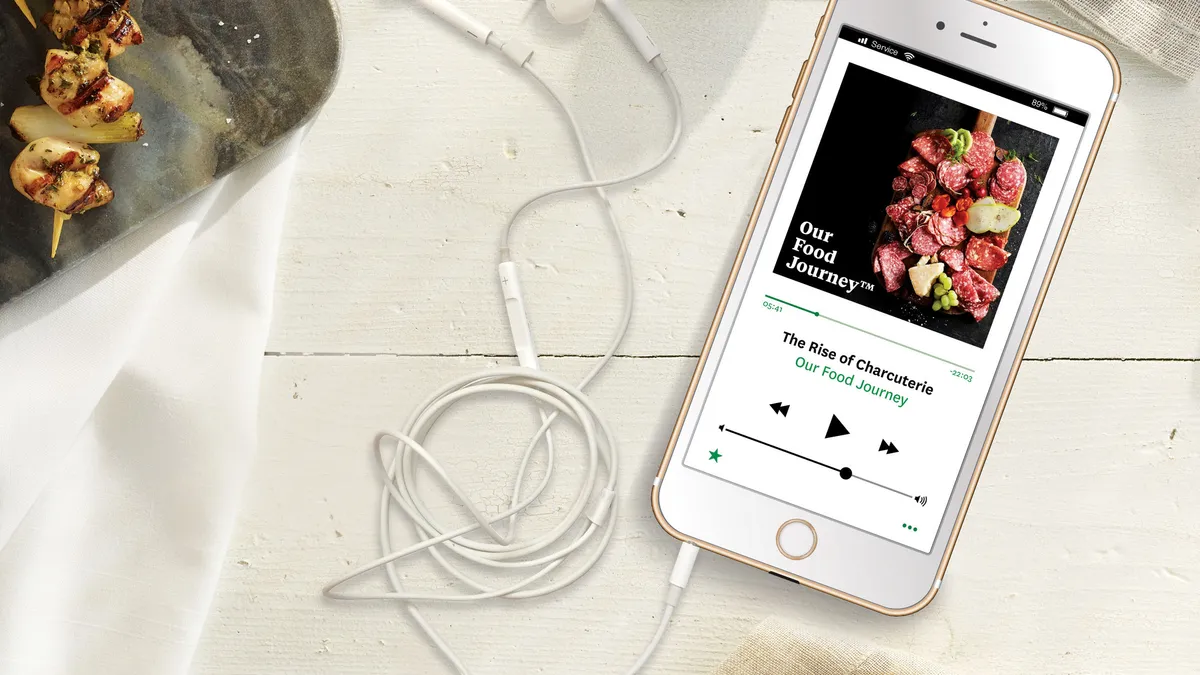Dive Brief:
- Baltimore City Schools’ Kimberly Calhoun works with her kindergarten students to produce podcasts about farm animals, writing and recording a sentence they craft themselves. Originally skeptical of her students’ ability to create this work, Calhoun found them capable of meeting the expectations and using the podcast technology, wrote Education Week.
- Some educators suggest that students listen to podcasts first before doing one themselves, studying what they do and don’t like about this form of storytelling.
- Podcasts can help students strengthen their writing abilities, learn how to edit their own work and also develop speaking skills, which for older students about to graduate is crucial.
Dive Insight:
Teach a student a lesson, and they learn something. But when they have a chance to author their own learning, including picking a subject and the method of explaining that subject, they likely will master a new skill and increase their knowledge of the subject at the same time.
Podcasting is a way of telling a story through audio — using pieces of sound files, voice overs, recorded conversations and effects woven into a narrative. Educators are finding podcasts useful in delivering content to students in all subject areas, including English-as-a-second-language classrooms, where educators “can use this tool to increase student exposure to English at home and in school,” Hani Morgan, now a professor of education at the University of Southern Mississippi, Hattiesburg, wrote in a 2015 article in Childhood Education, citing a 2008 article, “Podcasts in Education: Let Their Voices Be Heard.”
But students are also being encouraged to create their own podcasts as well. There are numerous online apps and tools to help record podcasts, with Common Sense Education recommending several for classrooms including Apple’s GarageBand and Audacity, which can be used for free. In the process of making a podcast, students develop their own voices and self-confidence.
Because podcasts are meant to be heard by others, students know they have a wider reach than a written assignment handed into a teacher. The public nature of podcasts can then “help students develop ownership and pride in their work and often insure them to put forth extra effort to produce high-quality work,” wrote Morgan. Educators can then help students discover the satisfaction of working hard, and what they can achieve as a result.













